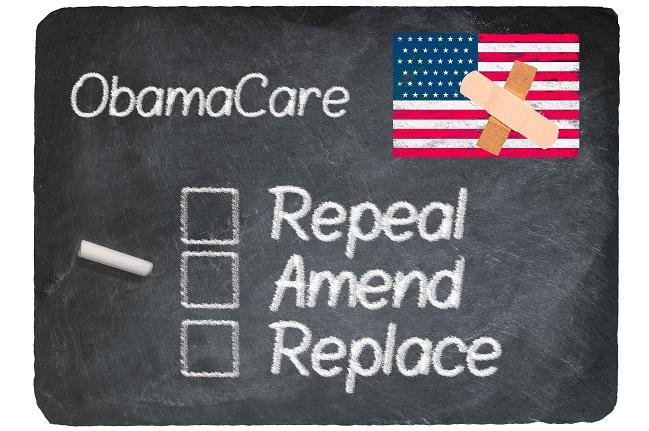Controversial Medical Device Tax May Be Overturned as Affordable Care Act Scuttled
As tides change in Washington, the 2.3% tax is facing renewed scrutiny amid legislative efforts by the House and Senate to repeal it.

The 2.3% excise tax placed on manufacturers of medical devices, including transcatheter heart valves and stents, in the United States since may soon be history, as both the Senate and House of Representatives reintroduced bills last week to repeal it.
Presented in 2010 as part of the Affordable Care Act (ACA)—which lawmakers are also scurrying to dismantle in line with President-elect Donald Trump’s new agenda—the tax has divided politicians since its inception. Proponents claim it funds the ACA and only benefits “big pharma” and challengers say it stifles innovation and eliminates jobs.
In December 2015, the Senate voted 52-47 to repeal the medical device tax, and a few weeks later both houses of Congress passed a 2-year suspension decision. Reports afterward uncovered that manufacturers had paid several million dollars in lobbying fees in order to fight the tax.
On Friday, a group of senators led by Orrin Hatch (R-UT) reintroduced the Medical Device Access and Innovation Protection Act, which aims to completely do away with the levy on medical device sales. Though the bill is being touted for its bipartisan support, 34 of the 40 cosponsors are Republicans. Likewise, led by Erik Paulsen (R-MN), representatives from both sides of the aisle the previous week reintroduced the Protect Medical Innovation Act, which proposes the same repeal.
Advamed, a lobbying group for the medical device industry, released remarks from its President and CEO Scott Whitaker on Thursday lauding the actions of legislators and encouraging Congress to move forward with a full repeal of the tax. “The bipartisan support of this measure and its prominence as one of the earliest bills introduced in the new Senate clearly demonstrates that members understand this tax needs to go now,” he said. “Patients and the US economy are already benefitting from the temporary suspension of the tax, as medical technology companies have been able to reinvest those funds into new R&D, infrastructure improvements, and new hiring.”
Appraising the ACA
Efforts in both the houses of Congress to repeal the ACA are headline news again this week, although no formal replacement plans have been presented. In a 51-48 vote in the Senate early last Thursday and a 227-198 vote in the House of Representatives on Friday, lawmakers endorsed a budget for fiscal years 2018-2026 that would allow them to eradicate the ACA. These votes were unilaterally supported by Republicans, who now control both the House and Senate, although Democrats are continuing to oppose a repeal of the Act.
The American College of Physicians (ACP) released statements following the House and Senate votes involving the ACA, saying internists are “disappointed and dismayed.” However, they write, these votes “while potentially posing a grave threat to coverage for tens of millions of people [do] not by [themselves] repeal the ACA; subsequent legislation will need to be voted on to repeal, replace, or modify the ACA. This will provide opportunities for ACP and the many others committed to coverage to continue the fight to preserve the ACA and its key coverage and patient protections.”
A spokesperson from the American College of Cardiology said the organization has no opinion on either the repeal of the medical device tax or the ACA. The American Heart Association did not respond to TCTMD’s request for a statement in time for publishing.
Yael L. Maxwell is Senior Medical Journalist for TCTMD and Section Editor of TCTMD's Fellows Forum. She served as the inaugural…
Read Full Bio

Comments